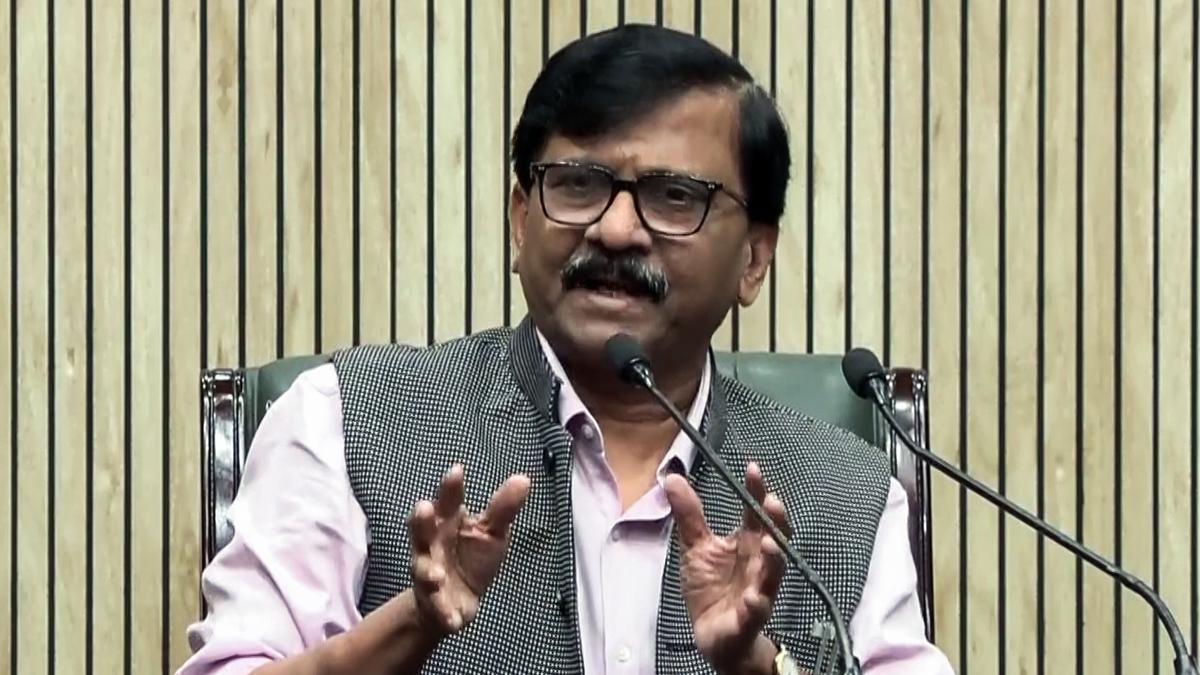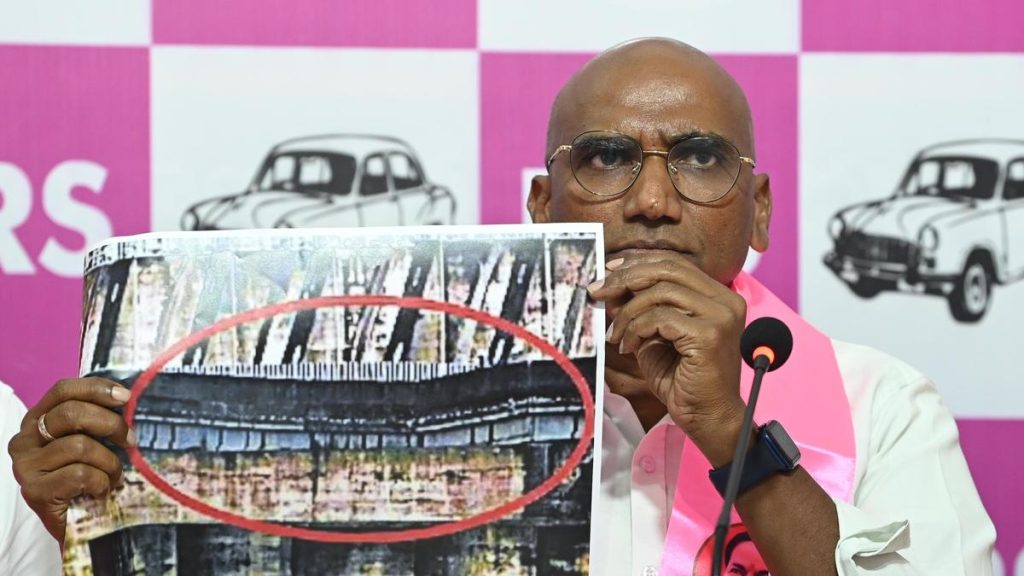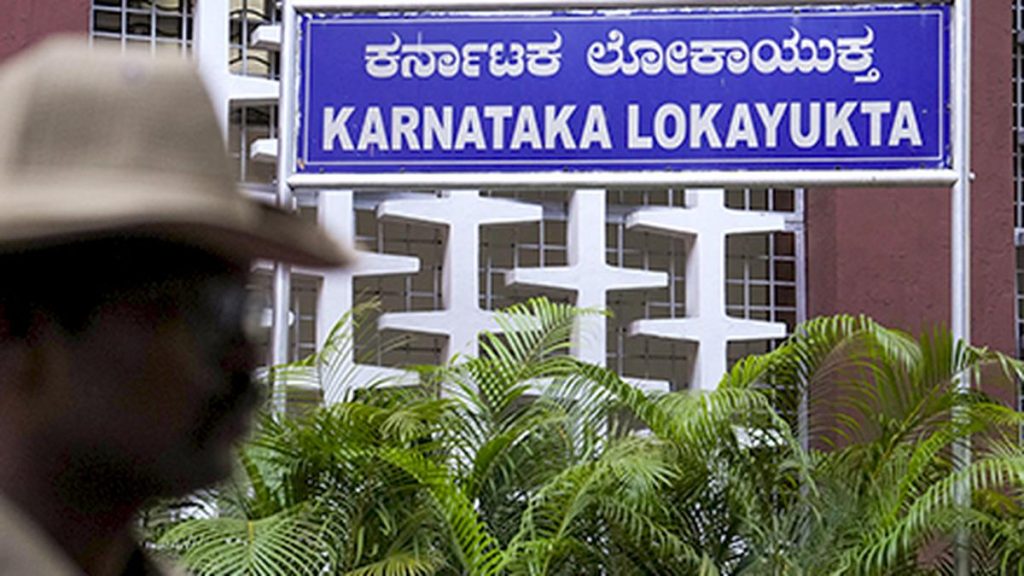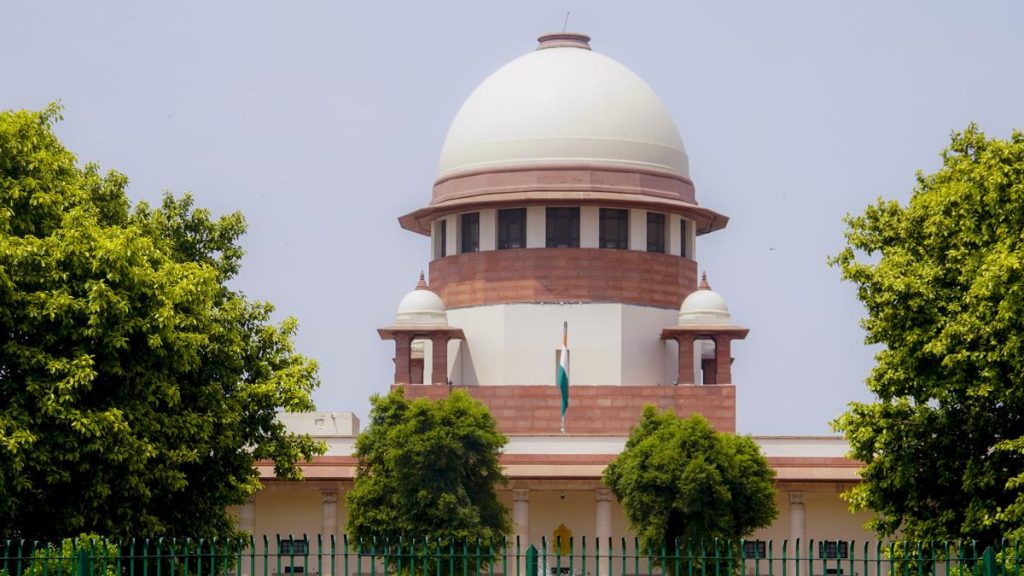Now Reading: Sanjay Raut Criticizes PM Modi, Labels Him ‘Congressvadi’ Over Swadeshi Remarks
-
01
Sanjay Raut Criticizes PM Modi, Labels Him ‘Congressvadi’ Over Swadeshi Remarks
Sanjay Raut Criticizes PM Modi, Labels Him ‘Congressvadi’ Over Swadeshi Remarks

Swift Summary
- Shiv Sena (UBT) MP Sanjay Raut criticized Prime Minister Narendra Modi’s Independence Day speech, specifically his emphasis on swadeshi.
- Mr. Raut claimed that the ideology of swadeshi was based on principles devised by Mahatma Gandhi, Lokmanya Tilak, and Pandit Nehru, sarcastically suggesting that Modi is becoming “Nehruvian” and “Gandhian.”
- He accused the BJP government of fostering communal division over the last 10 years and described this as harmful to India’s societal fabric.
- In response to PM Modi’s remarks about international relations, Mr. Raut argued that Modi avoided directly confronting countries like the U.S. for their stance on Pakistan or tariffs against India.
- Raut also criticized PM Modi for failing to adequately address poverty among marginalized communities in India despite a decade in power, labeling current foodgrain distribution initiatives as vote-buying measures.
Indian Opinion Analysis
Prime Minister Narendra Modi’s emphasis on swadeshi has sparked mixed political reactions reflecting ideological divides in contemporary Indian politics.While invoking past leaders like Gandhi or Nehru underscores efforts to inspire self-reliance and patriotism tied to India’s struggle for independence, it has also opened avenues for critiques from opposition voices such as Sanjay Raut.
Raut’s focus on issues such as communal tensions, external diplomacy with nations like Pakistan and China, and poverty among vulnerable groups raises notable questions about governance priorities over the past decade. If divisive rhetoric persists within India’s political debates without substantive policy discussions addressing these underlying concerns-poverty alleviation being an example-it could hinder collective progress toward national unity.
The broader implications also highlight how deeply rooted ideologies from freedom movements continue influencing modern narratives but risk oversimplification if paired with partisan exchanges rather than actionable goals ensuring inclusivity nationwide.
read more: Source Article
























